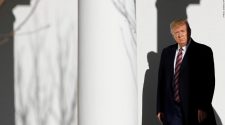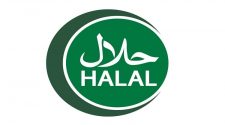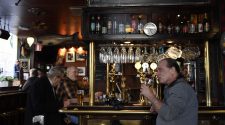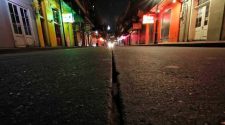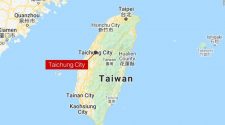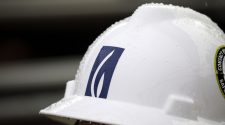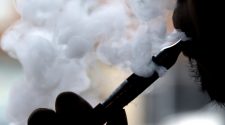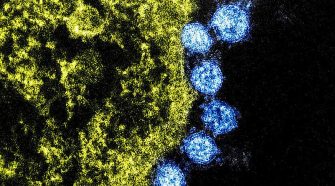Cocaine with a street value of around $2m (NZ$3m) has washed up in packages on a wild New Zealand beach, sparking a major search for further drugs by police and local residents.
On Wednesday evening people at Bethells Beach on the west coast of Auckland told police they had found mysterious blue packages with odd symbols printed on them, strewn along the rugged coast.
Police confirmed the packages tested positive for cocaine, and sent a helicopter and search teams to hunt for more drugs.
“There is a small possibility that further packages may turn up on the beach and we ask any members of the public to contact us immediately if they do,” said Det Insp Colin Parmenter of Waitematä police in a statement.
“Eagle helicopter will be in the area today conducting a search of the wider area and we will be sending regular patrols in the coming days to continue to check for further washed up items,” he said.
Jose Sousa-Santos, a Pacific crime researcher at Massey University in New Zealand, said the cocaine was likely to have originated from Peru or Columbia, where it could be purchased for between US$7-7,500 per kilogram.
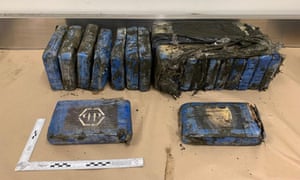
Cocaine is New Zealand’s most expensive illicit drug, sold for about $250,000 per kilogram. The country, and its neighbour, Australia, have the highest per capita cocaine use in the world. In the UK, the drug’s street value is $50,000-60,000 per kilogram.
“There is a huge mark-up and quite a big margin of profit to be made by these syndicates. So they can definitely afford to lose consignments to the tune of $3m,” said Santos.
Santos said the shipment was most likely thrown overboard by smugglers who feared detection by maritime patrols or law enforcement, or, it may have come free of a covert mooring, where it would have been weighted down and had a radio tracking device attached to allow a smaller vessel to collect it for the last leg of the journey to New Zealand.
Because of Bethells Beach location on the west coast of New Zealand, Santos also thought there was a “strong possibility” the drugs had been trafficked across the Tasman from Australia – a distance of just 2,000km that required much smaller boats and less logistical planning.
Recent research by Santos indicated that New Zealand deportees from Australia may also be involved in the drug trade between the two countries.
“Many of these deportees have very strong ties to outlaw motorcycle gangs and criminal syndicates in Australia. And when they come to New Zealand they often have no family links, they have no ties to the community or job opportunities so they go back into the pattern of reoffending,” said Santos.
It is not the first time drugs have been discovered on a New Zealand beach, where many spots remain unvisited, except by a few locals. Hundreds of kilos of drugs have also been discovered buried in sand dunes, in the hulls of boats, and once – in a massive diamante-encrusted horse head sent from Mexico.
A recent Guardian Australia investigation found Australia and New Zealand’s appetite for cocaine is having devastating effects in the impoverished Pacific Islands region, with domestic markets opening up for the drugs in Fiji, Samoa and Tonga, and locals suffering related issues of addiction, corruption and violence.


